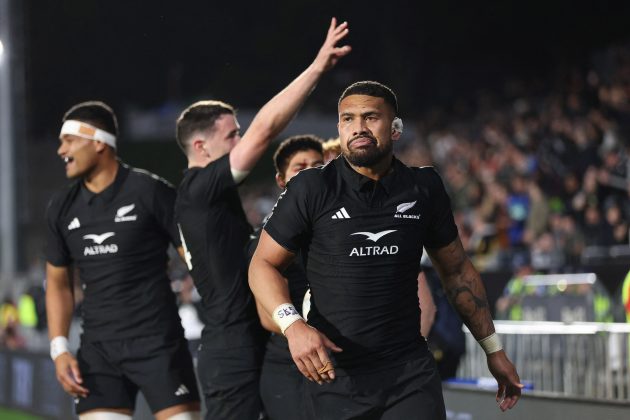We dive into the cultural significance of the sport in Aotearoa
For a very long time, the answer to the above question was simply that there was nothing else to do in New Zealand. We’re a long way from anywhere, we’re generally the last to get any sort of technological innovation and have very little public transport infrastructure.
That all meant weekends were spent going to the nearest park and playing footy, because that’s also the place where you could drink cheap beer and drive home afterwards. The All Blacks were literally the only celebrities we had.
Okay, so it’s not quite that simple, but the idea of the rugby club being the heart of communities in New Zealand is a very valid one. The element of a central hub, where people congregate, enjoy each other’s company, argue, and use for special occasions is why rugby is often thought of as the country’s official religion.
On the field, that’s just the base level of the famous pyramid structure that has produced so many great All Black sides. Schools, feed into clubs, clubs feed into provinces, provinces feed into Super Rugby and that’s where the national side gets picked from. Everything about the system is designed to move players up.
…so why is rugby still big in New Zealand?
That’s the theory anyway. New Zealand has changed quite a bit in the last few decades, away from the colonial backwater whose only real claim to fame worldwide was the All Blacks. As the country has become more cosmopolitan and sophisticated, rugby’s grip on the public consciousness has loosened somewhat – but when it needs to, the national game is still effortlessly capable of becoming the centre of attention whenever the national sides play.

Beauden Barrett runs out for a match (Getty Images)
The pluralisation of that last description is biggest sign of how rugby has evolved. While the All Blacks are a guaranteed to sell out pretty much any time they play, the Black Ferns managed to do the same in last year’s Rugby World Cup final at Eden Park. It was a watershed moment for the game and one that NZ Rugby is desperate to capatilise on with a commitment to growing the number of female players by almost four times in the next decade.
This isn’t just some virtue signal by the governing body, either. They know full well the key to getting as many kids playing as possible is to reassure their parents that it’s a safe and healthy pursuit, which is made a lot easier if their mothers have been a part of that environment themselves. This is a move not to make sure there’s another generation of Black Ferns, but All Blacks as well.
But for now, the focus is on the All Blacks and what is shaping up to be the most interesting World Cup campaign they’ve ever embarked upon. The bad results, coaching saga and always intense relationship the side has with its own supporters over the last few seasons has opened up a level of vitriol not seen for quite a while. New Zealand possesses a very bland, banal form of patriotism normally – mostly a poor facsimile of what we see overseas – but the All Blacks are the one thing where opinions are more passionate and vocal. Everyone is an expert when they’re losing.
If there’s any indicator of the why rugby is big here, it’s this. Winning is expected, losing is not tolerated. New Zealanders love a whinge, you could say it’s a close second as our national sport, and the All Blacks have been providing plenty of opportunity to do that lately.
Download the digital edition of Rugby World straight to your tablet or subscribe to the print edition to get the magazine delivered to your door.
Follow Rugby World on Facebook, Instagram and Twitter.





